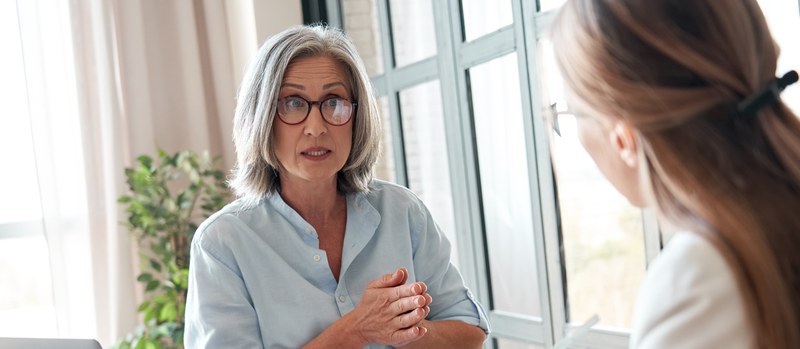
Consultation hour talks
Consultation hours are one of the most important verbal communication situations between teachers and students at German universities. Questions about a wide variety of study and examination accreditations, such as questions about a term paper or a presentation, and many other student matters are clarified during a consultation hour. Teachers usually offer open office hours, which usually take place once a week and are intended for shorter questions. For more detailed questions, it is advisable to make a separate appointment with the lecturers, for example via e-mail.
University office hours are shaped by the respective field of study and have individual characteristics. Nevertheless, interdisciplinary and generally valid conventions can be established.
Observing certain cultural communication habits, such as listening signals and knowledge of speech rights, can contribute to a good conversation.
Time in a consultation is very limited, so it is important that you prepare well for the interview. Consultation interviews have a certain structure and you should also pay attention to some cultural specifics. For careful preparation concerning BEFORE, DURING and AFTER a consultation hour, you will find support in the following:
Before the consultation
Before you go to a consultation hour, you should take action yourself and look for possible answers to your questions. To do this, you can find information in the study or examination regulations, in the annotated course catalogue or on the internet (e.g. on the homepage of your department/subject area or similar) or ask your fellow students. In this way, you can find out which topics only your lecturer can provide information on and which questions are the responsibility of other offices, e.g. the examinations office.
In order to prepare well for a consultation, you should be clear about what exactly you would like to find out or achieve. Prepare the content of the talk: if you want to discuss a paper or homework topic, for example, think about possible topics or questions beforehand and research key literature. If you have other questions or problems, you should first think about possible solutions yourself and not come to the consultation unprepared.
During the consultation
Introduce yourself at the beginning of the conversation and state your concern (What is it about?). Think of suitable phrases for this. Ask concrete questions about your concerns and summarize the most important points at the end of the interview (e.g. agreed dates, arrangements made, etc.).
After the consultation
Take time for reflection after the consultation. This will pay dividends at the next consultation. Take notes and think about the following questions:
-
What did I do well?
-
What would I like to pay special attention to at the next consultation?
-
What can I improve during the next consultation?
